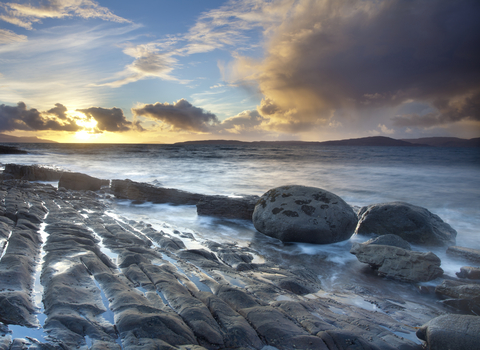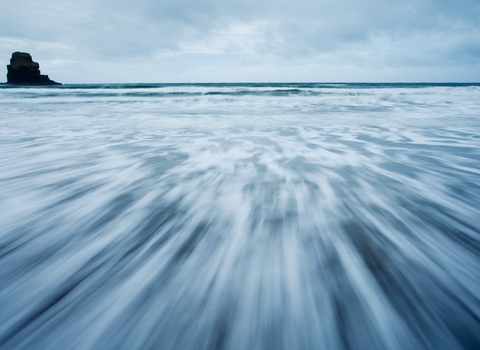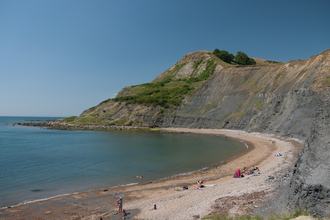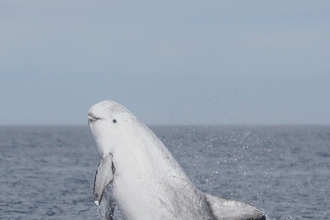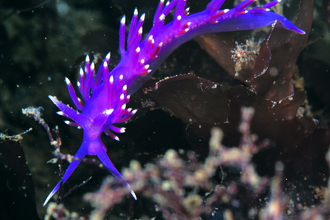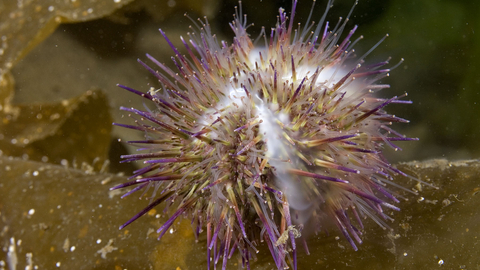
Green sea urchin ©Paul Naylor www.marinephoto.co.uk
Green sea urchin
Scientific name: Psammechinus miliaris
This small, round sea urchin is (unsurprisingly!) green in colour and can be found on rocky shores around the UK.
Species information
Category
Statistics
Diameter: Up to 5cm Average Lifespan: 10 yearsConservation status
Common

